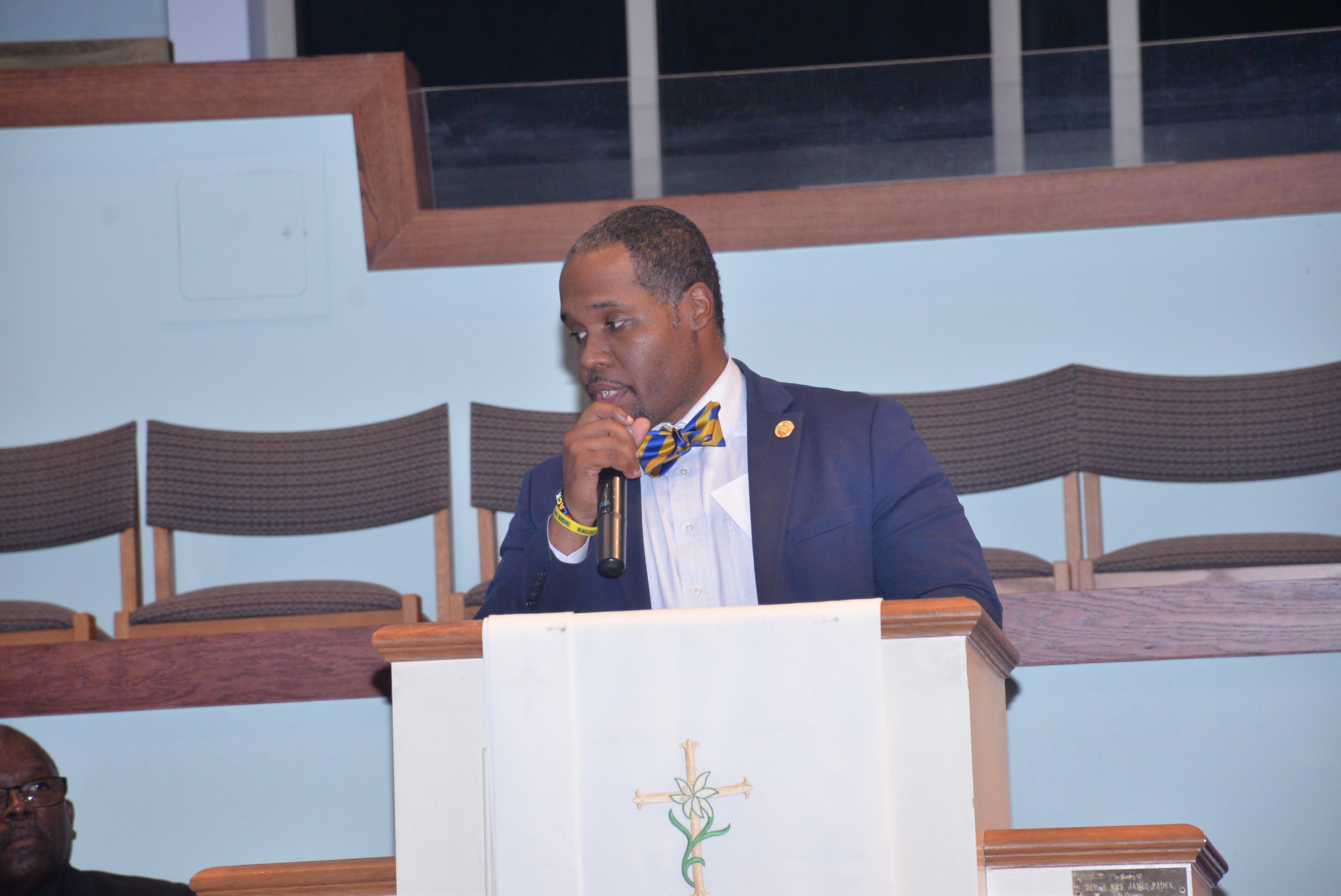In December 2024, a shocking case unfolded in Georgia that exposed how easily the criminal justice system can fail innocent people. My client, Nickie Sledge, a 49-year-old Black grandmother from DeKalb County, was wrongfully arrested on charges meant for someone else — a younger white woman with a similar name. Deputies from the Cherokee County Sheriff’s Office arrested her in front of her grandson, booked her into jail, and transferred her between counties without ever verifying her identity. As her criminal defense lawyer, I fought to prove what should have been obvious from the beginning: they had the wrong person. What followed was a hard-fought legal battle to clear her name and expose the systemic breakdowns that allowed this wrongful arrest to happen.
By Gerald Griggs, Georgia Criminal Defense Lawyer
When Nickie Sledge, a 49-year-old Black grandmother from DeKalb County, Georgia, walked into my office, she was still trying to make sense of the nightmare she had just lived through. She had been wrongfully arrested in Georgia on elder abuse charges — charges that were never hers to begin with. The warrant was meant for another woman, a younger white woman with a similar name, yet deputies from the Cherokee County Sheriff’s Office treated my client as if she were guilty without question. As her criminal defense lawyer, I made it my mission to prove what should have been obvious from the start: they had the wrong woman.
On December 21, 2024, deputies arrived at Ms. Sledge’s home in DeKalb County and took her into custody in front of her grandson. The arrest warrant described a white female suspect with a different spelling of the last name, but no one stopped to compare or verify the information. Despite the racial misidentification and lack of probable cause, Ms. Sledge was handcuffed, booked, and transferred from Rockdale County Jail to Cherokee County Jail. When I reviewed the warrant and booking documents, the errors were undeniable. The race was wrong. The physical description was wrong. The person was wrong. It was a clear case of racial misidentification and wrongful imprisonment.
From the moment I took her case, my goal was simple — to clear Nickie Sledge’s name and hold those responsible accountable. At her bond hearing, I presented evidence that the warrant described an entirely different individual. Even the judge acknowledged the glaring inconsistencies, including the incorrect race and relationship details in the “family violence” allegations. Still, Ms. Sledge had already spent days behind bars for a crime she did not commit. Those days took an emotional toll that no court order could erase. After persistent motions, hearings, and direct communication with the prosecutor’s office, we succeeded in getting all charges dismissed in February 2025. Justice was finally served, but not before irreparable damage was done to her dignity, safety, and peace of mind.
Ms. Sledge’s ordeal reveals an uncomfortable truth about our justice system: a single clerical error or racial bias can destroy a person’s life. Her arrest highlights serious systemic failures in Georgia’s law enforcement process. Officers ignored racial and descriptive differences on the warrant. There was no independent identity verification before the arrest. Multiple agencies — including the Cherokee County Sheriff’s Office — processed her without question. This was not a harmless mistake. It was a violation of her civil rights and a profound failure of due process.
As a criminal defense lawyer, I’ve seen how quickly systems built to protect can instead harm — especially when race and negligence intersect. Nickie Sledge’s story is a warning to every law enforcement agency in Georgia: accuracy, diligence, and accountability are not optional. No grandmother should ever be taken from her home and jailed because someone failed to read a name carefully or compare a description. Her courage in coming forward is now driving a push for reform to ensure this never happens to another innocent person again.
Nickie Sledge’s case serves as a powerful reminder that justice isn’t automatic — it requires vigilance, compassion, and persistence. I’m proud we were able to clear her name, but it should never have taken this long or gone this far. Every citizen deserves protection from wrongful arrest, and every officer owes a duty to verify before acting. That’s how we begin to rebuild trust in the system and ensure justice is truly served.
Gerald A. Griggs is a Georgia criminal defense and civil rights attorney based in Atlanta. He is committed to protecting the rights of individuals wrongfully accused or mistreated by the justice system, with a focus on accountability, reform, and racial justice.

How We Helped Clear Nickie Sledge — A Georgia Grandmother Wrongfully Arrested for a Crime She Didn’t
<p data-start="368" data-end="421" style="-webkit-tap-highlight-color: rgba(26, 26, 26, 0.3); -webkit-text-size-adjust: auto;">Test&nbsp;</p><p style="-webkit-tap-highlight-color: rgba(26, 26, 26, 0.3); -webkit-text-size-adjust: auto;"><br></p>





